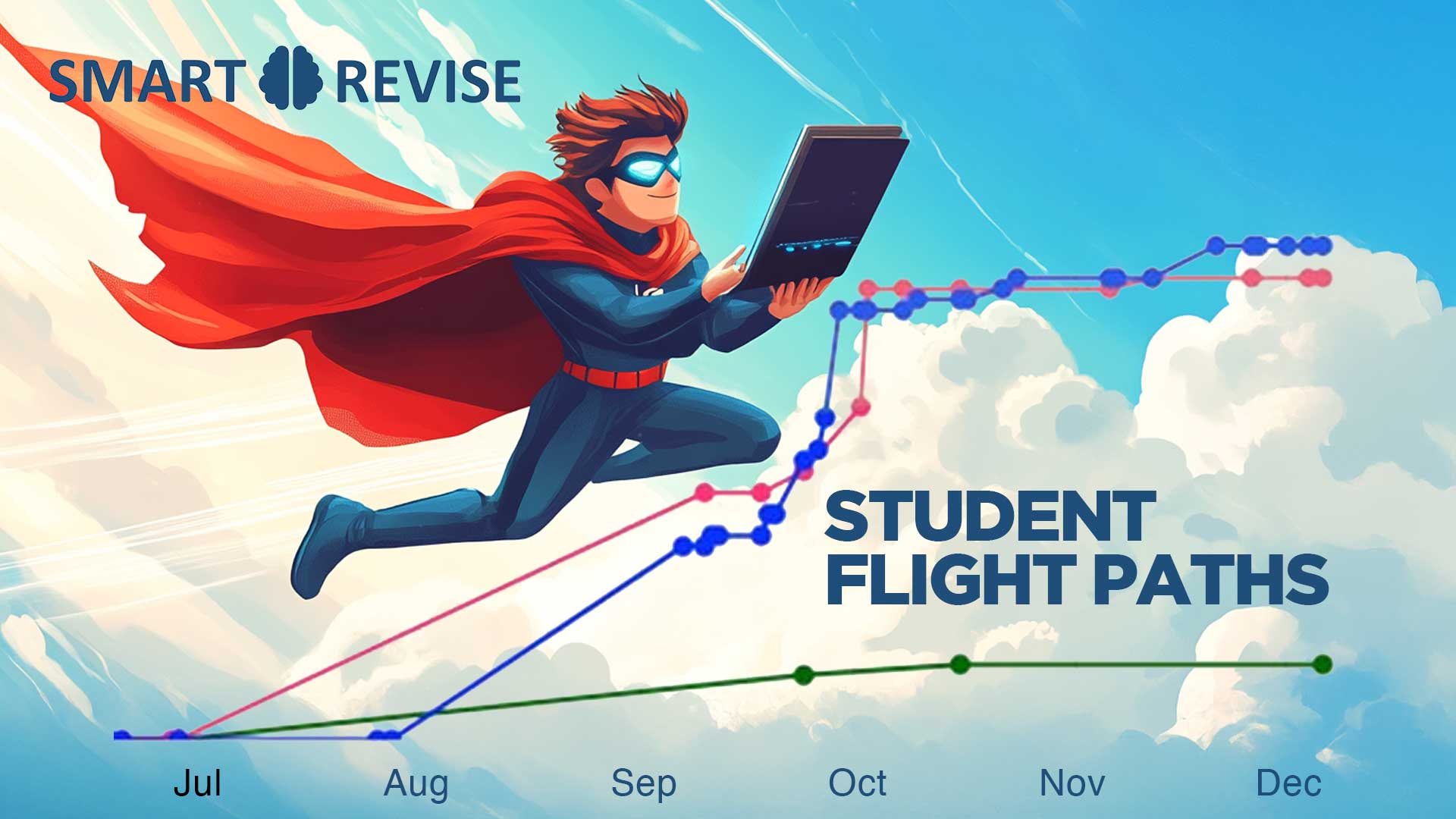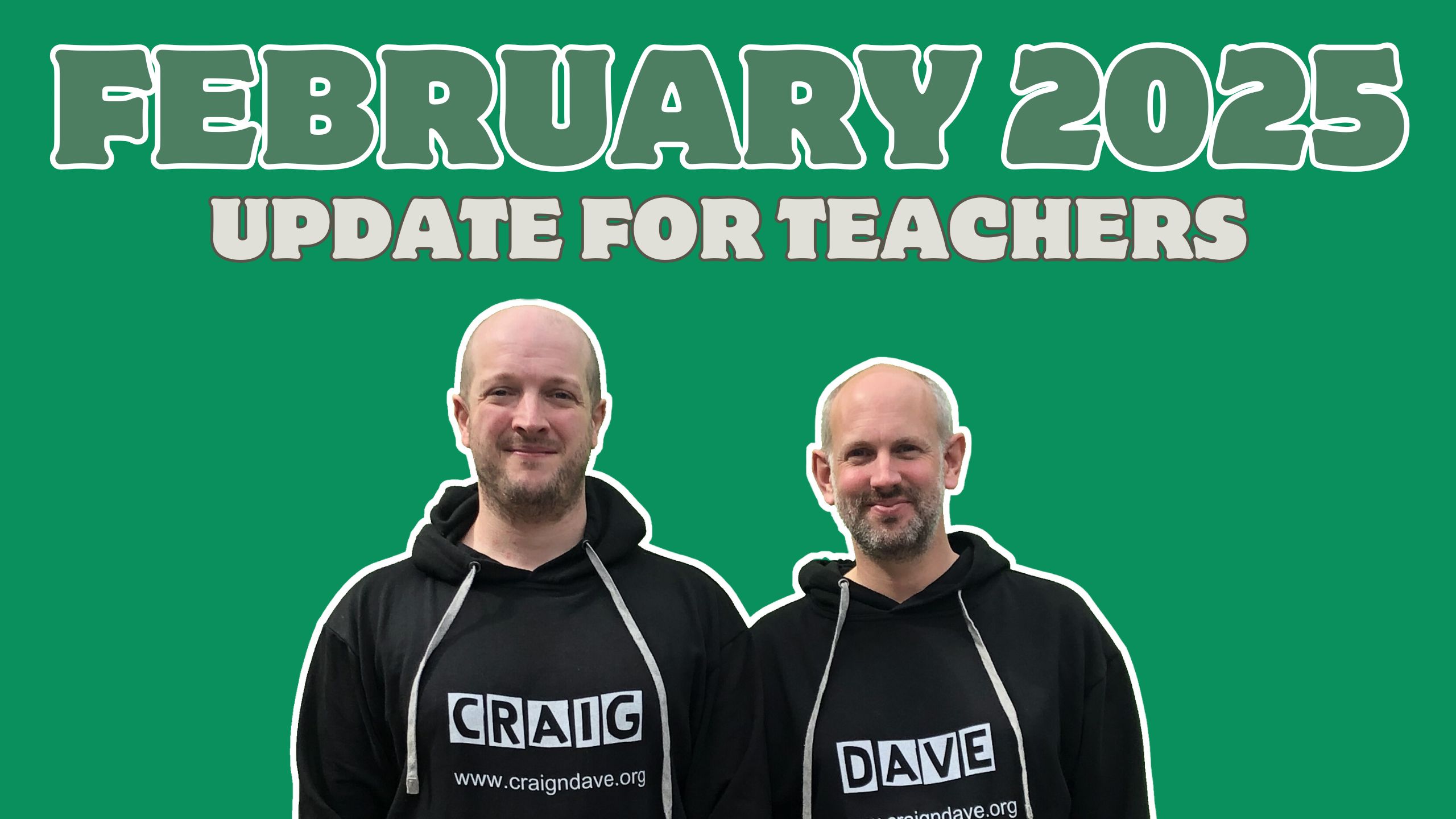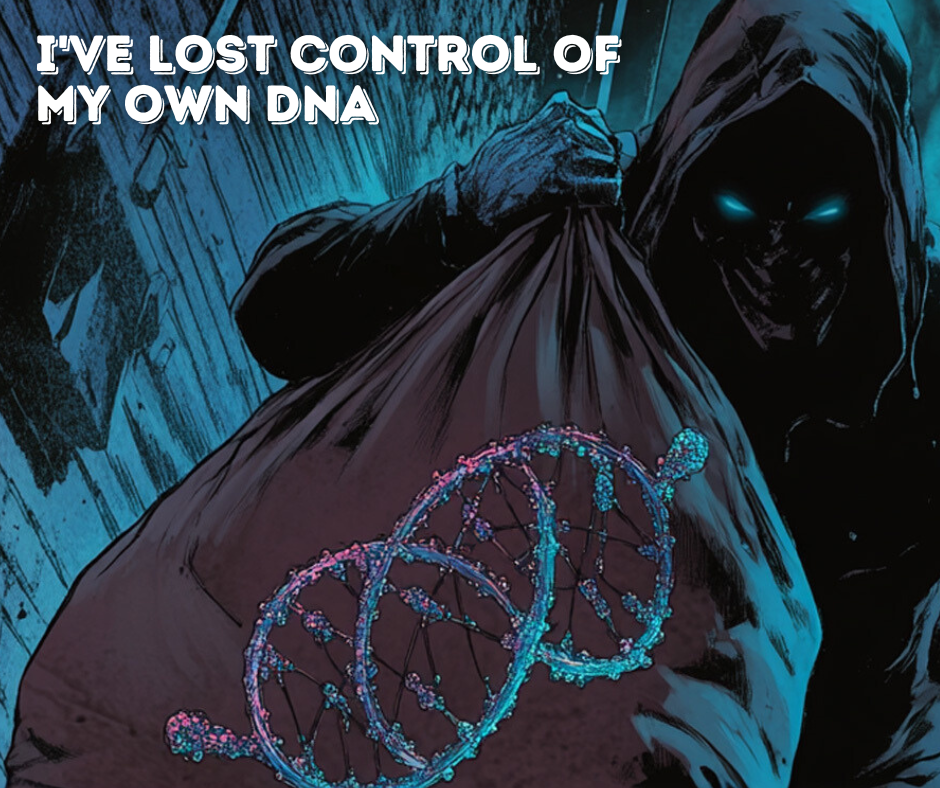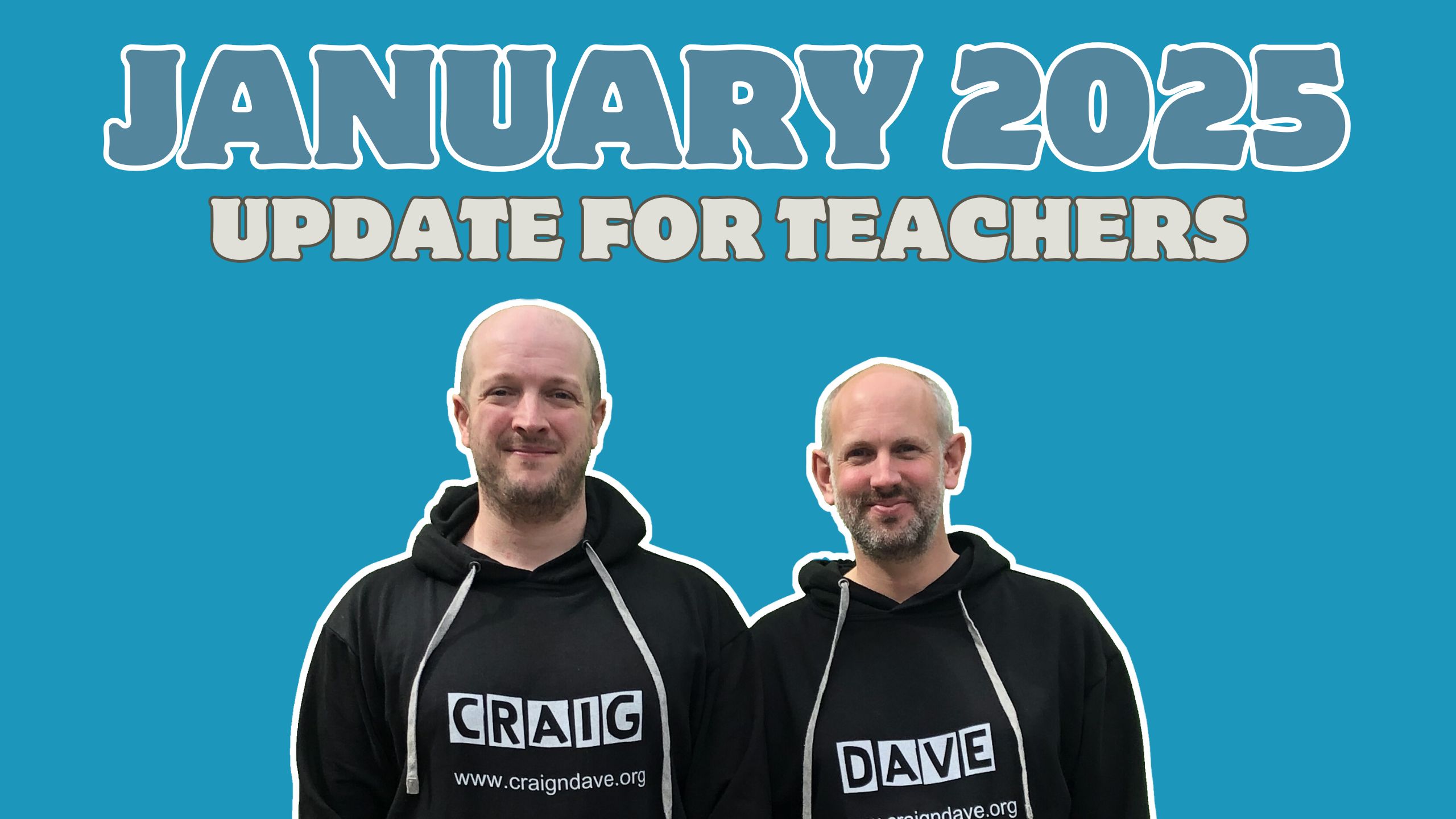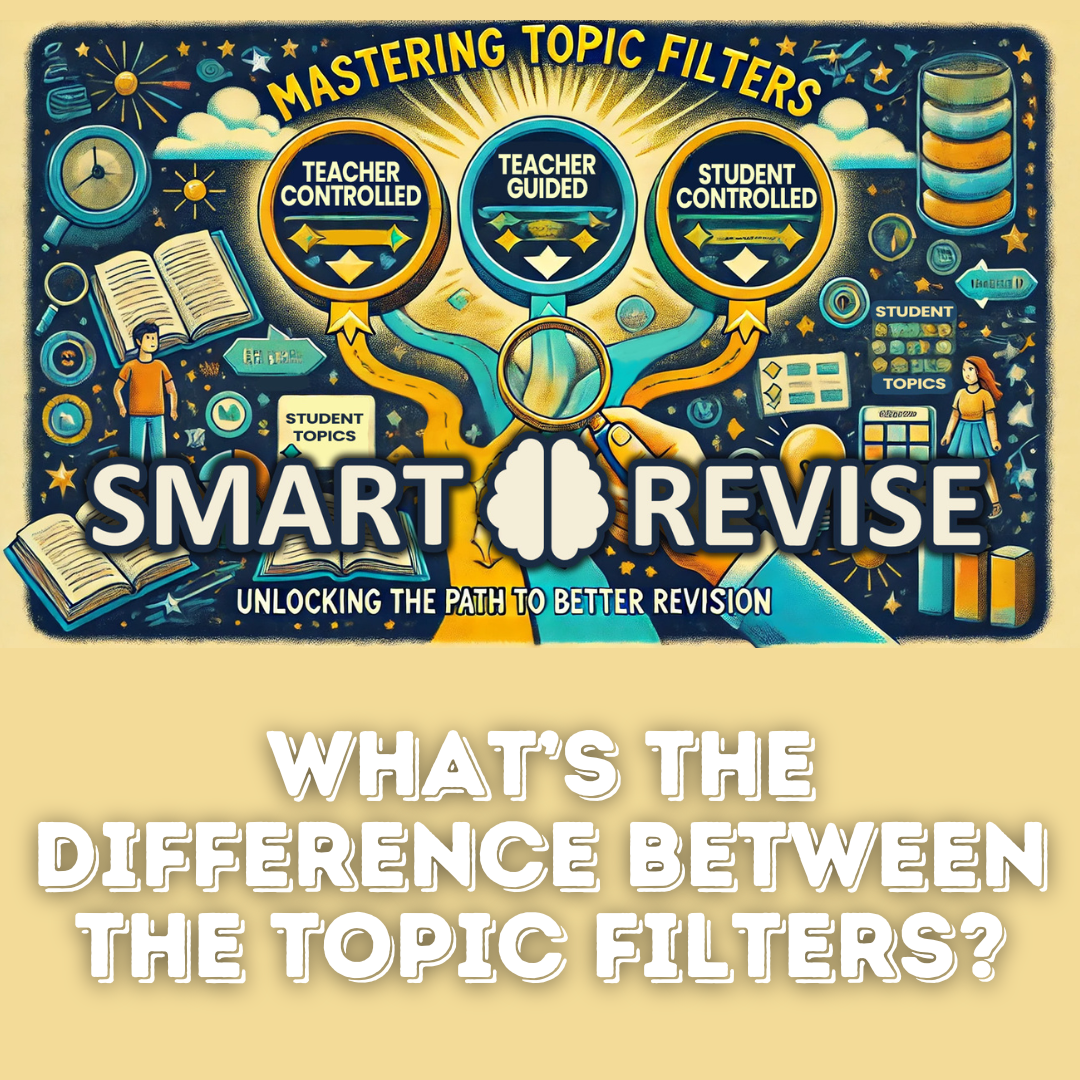
4 February 2025

In an ever-evolving digital world, it’s no surprise that money is getting a futuristic upgrade. But what does the UK’s proposed digital pound really mean for you and me? Let’s dive into the world of cryptocurrencies, privacy concerns, and financial inclusion with a touch of humour and plenty of insight.
What are Cryptocurrencies?
Imagine your traditional money, but dressed in a slick digital outfit. That’s cryptocurrency. Decentralised and powered by advanced technology, cryptocurrencies like Bitcoin and Ethereum are shaking up the financial world. Bitcoin is the rockstar, the Beatles of digital money, while Ethereum is its artsy sibling with a penchant for smart contracts. Yet, for all their cool factor, these currencies are notoriously volatile—like the stock market on a rollercoaster.
Enter the Digital Pound
Now, the UK is considering its own cryptocurrency—the digital pound. Issued and managed by the Bank of England, it promises stability and security, unlike its wilder crypto cousins. But is it all sunshine and rainbows? Not quite. The digital pound could revolutionise payments, making transactions faster and safer, but it’s also raising a few eyebrows.
Privacy Concerns
Let’s be real—do we really want the government knowing every time we buy an overpriced latte or splurge on a cheeky takeaway? With the digital pound, privacy concerns come front and centre. Every digital penny could be tracked, potentially giving authorities unprecedented access to our financial habits. It’s not just Big Brother—it’s Big Banking.
Inclusivity: Who Might Get Left Behind?
There’s also the risk of excluding those who depend on physical cash—think the elderly, the unbanked, and those in areas with unreliable internet. As we rush towards a cashless society, we need to ensure no one gets left behind. Cash is more than just paper—it’s a lifeline for many.
The Verdict
The digital pound could be a game-changer, offering a stable, state-backed alternative to volatile cryptocurrencies. However, with issues like privacy and inclusivity at stake, the UK needs to tread carefully. Will the digital pound be the future of money, or will cash still cling on for dear life? Only time will tell.
Want to learn more?
Check out the full video on our YouTube channel for a deeper dive into the digital pound.
For more Lesson Hacker Videos check out the CraignDave YouTube playlist HERE.
Visit our website to explore more cutting-edge tech-transforming news in the computer science world!


